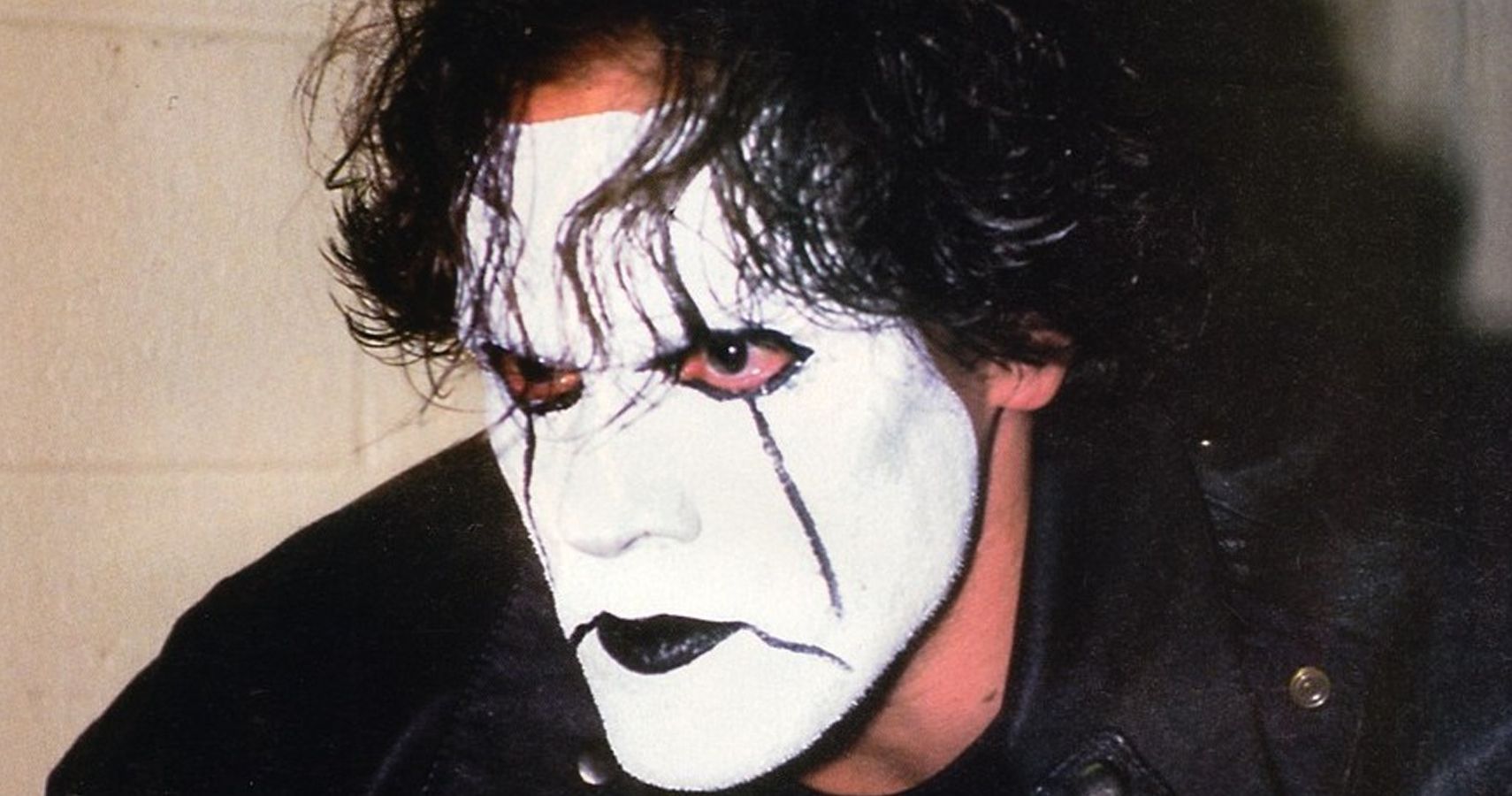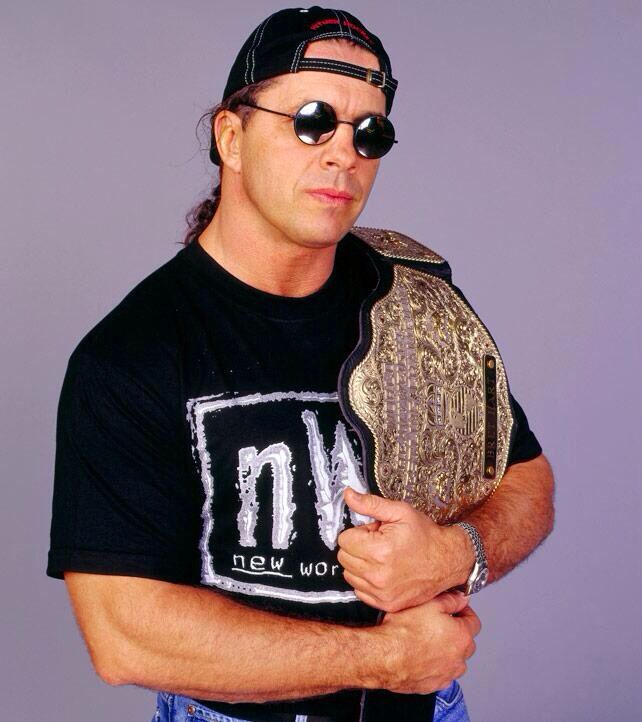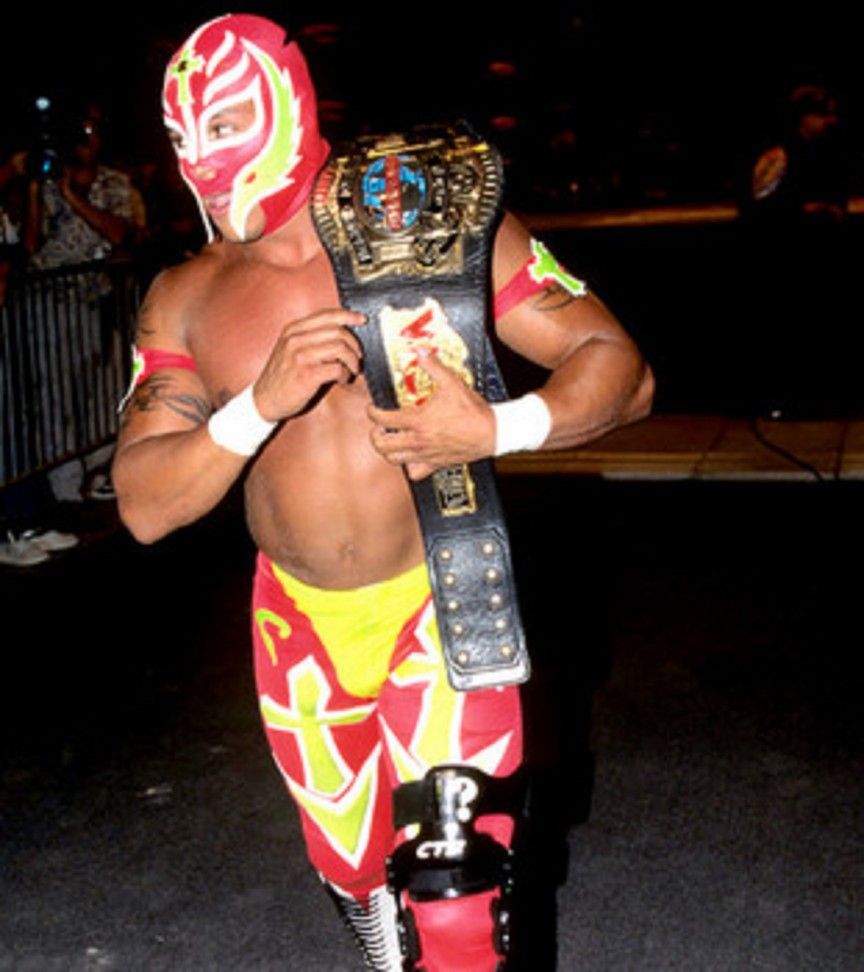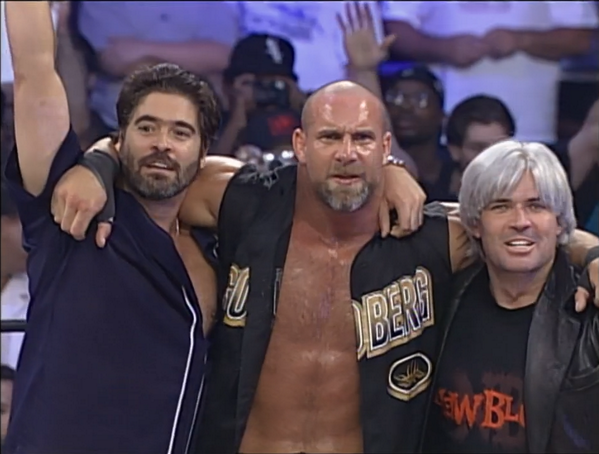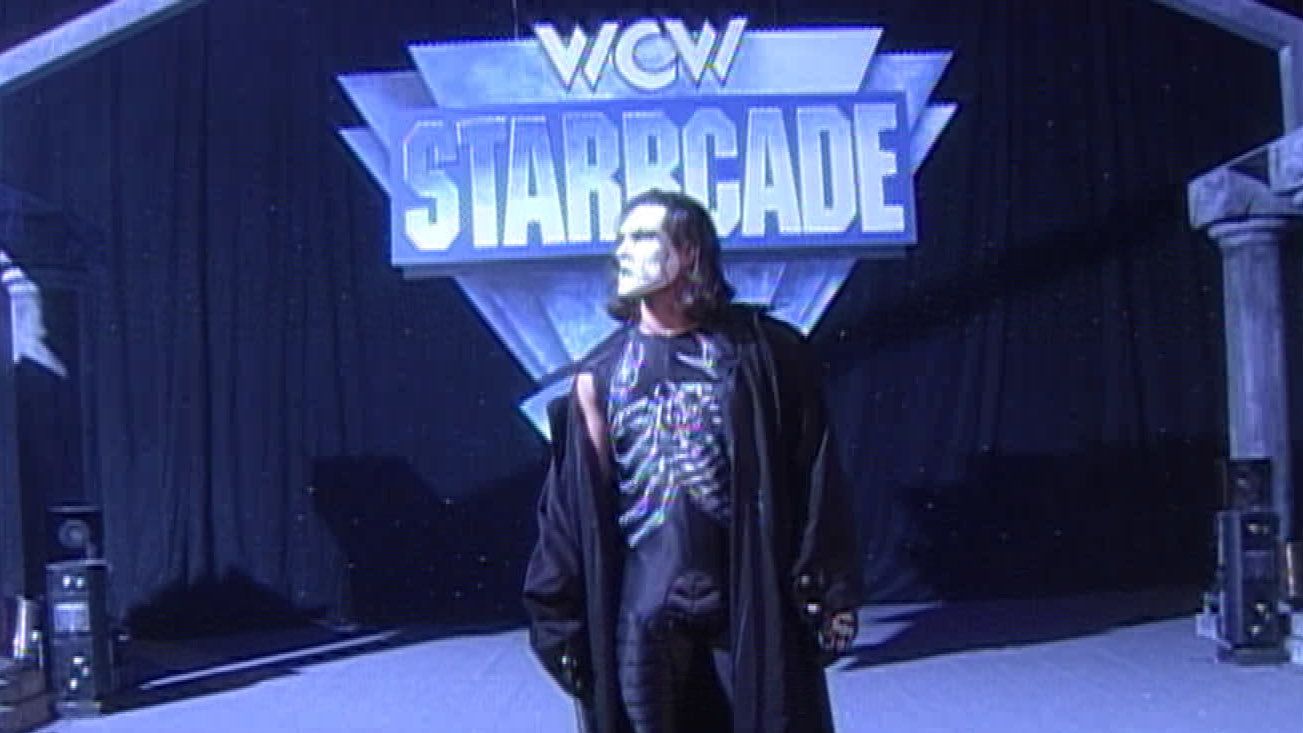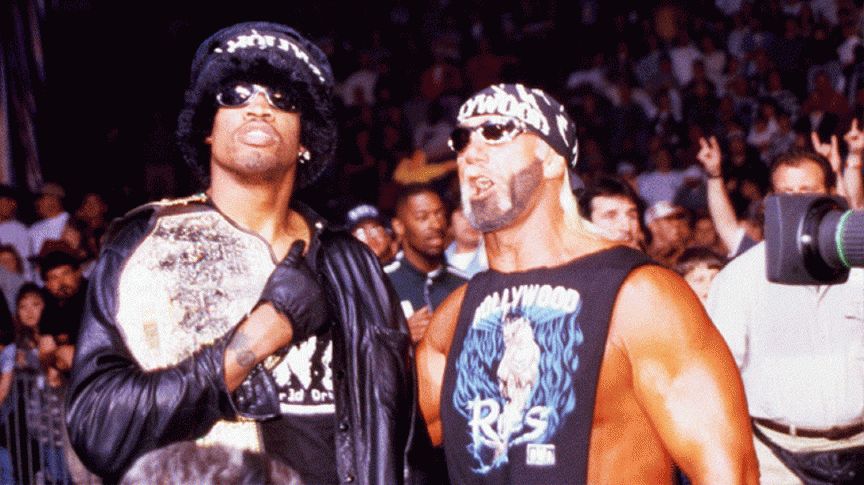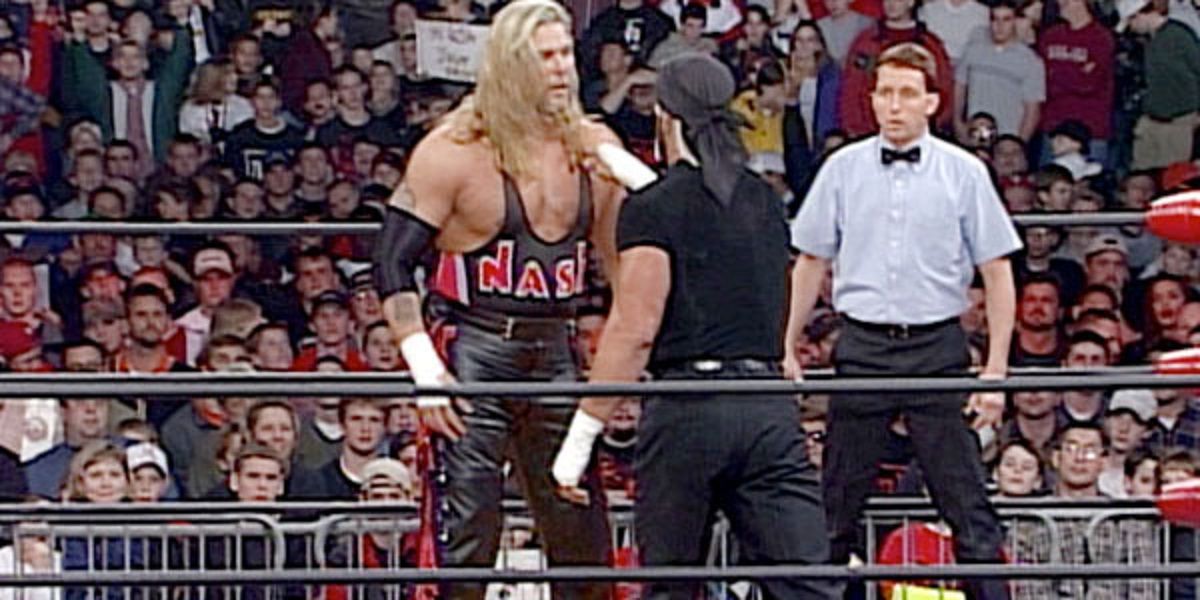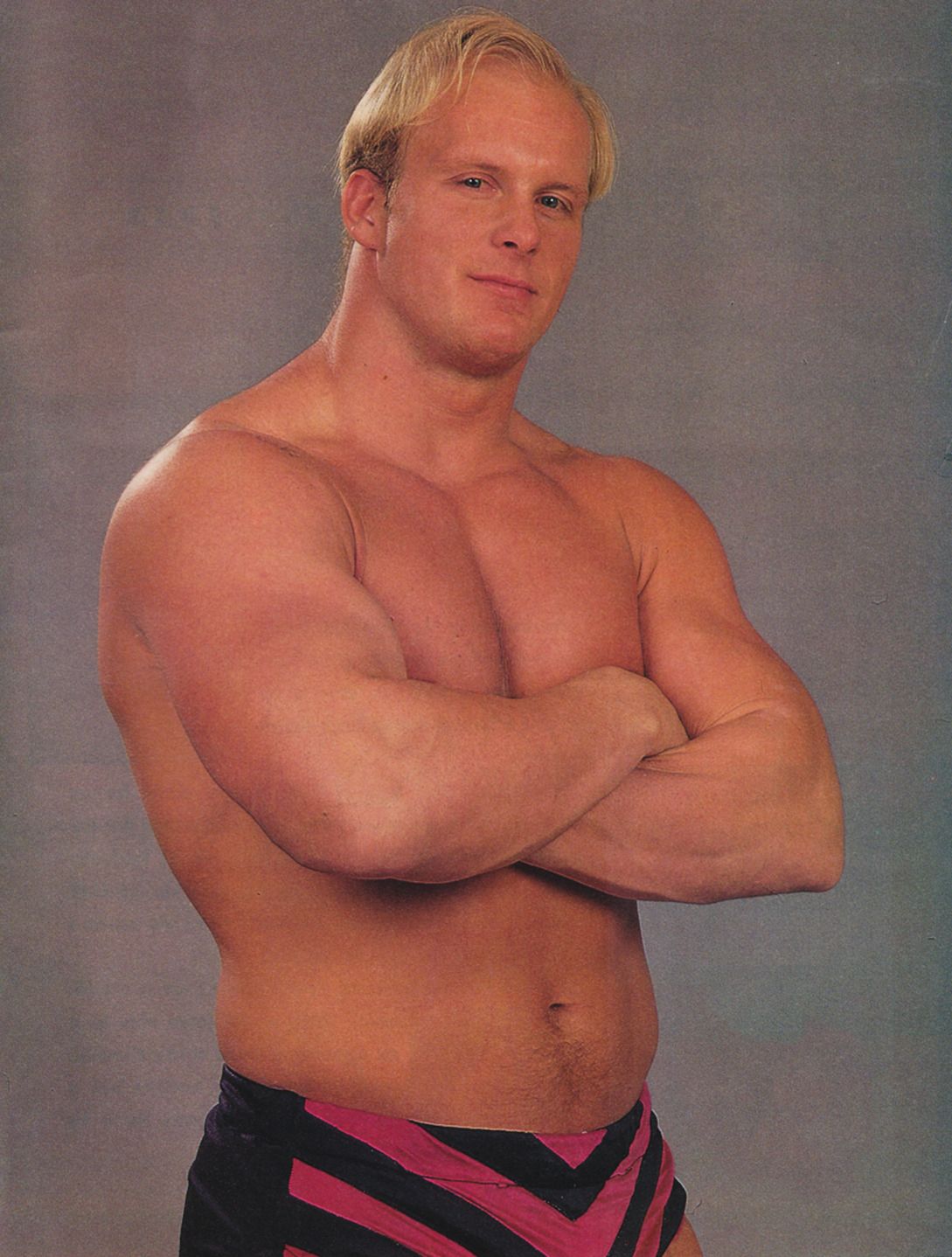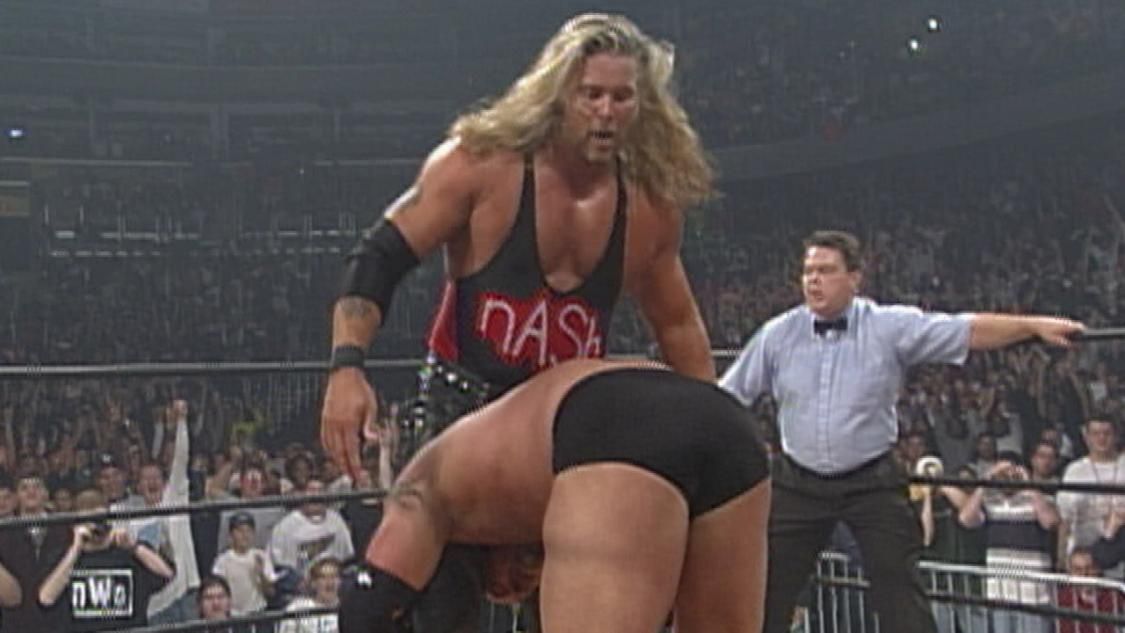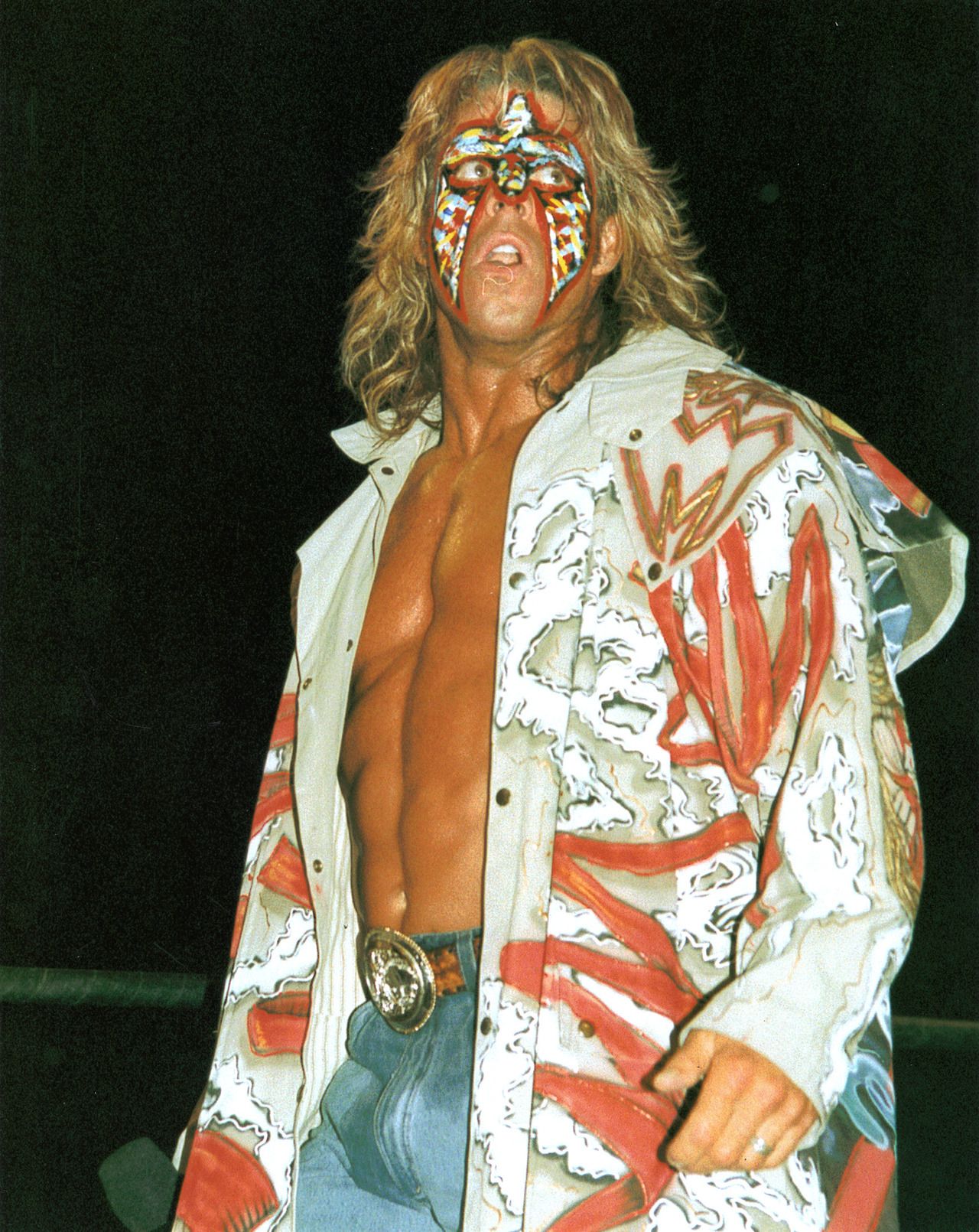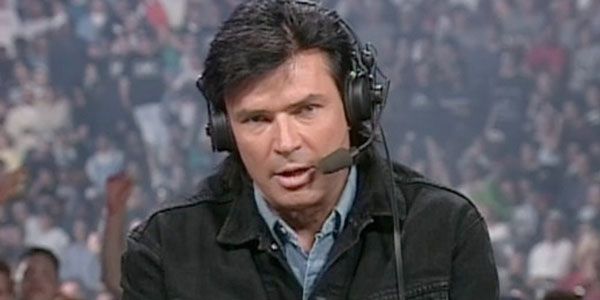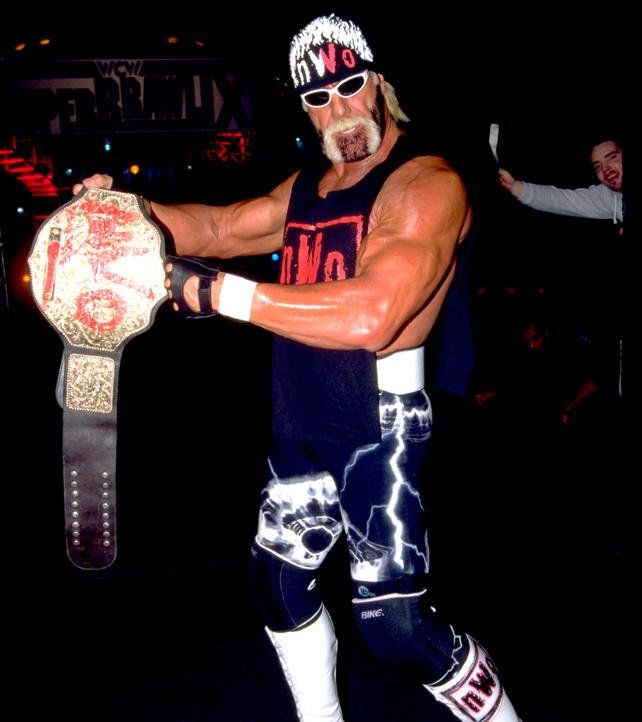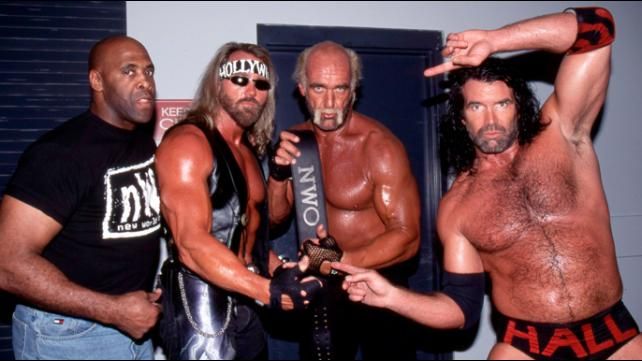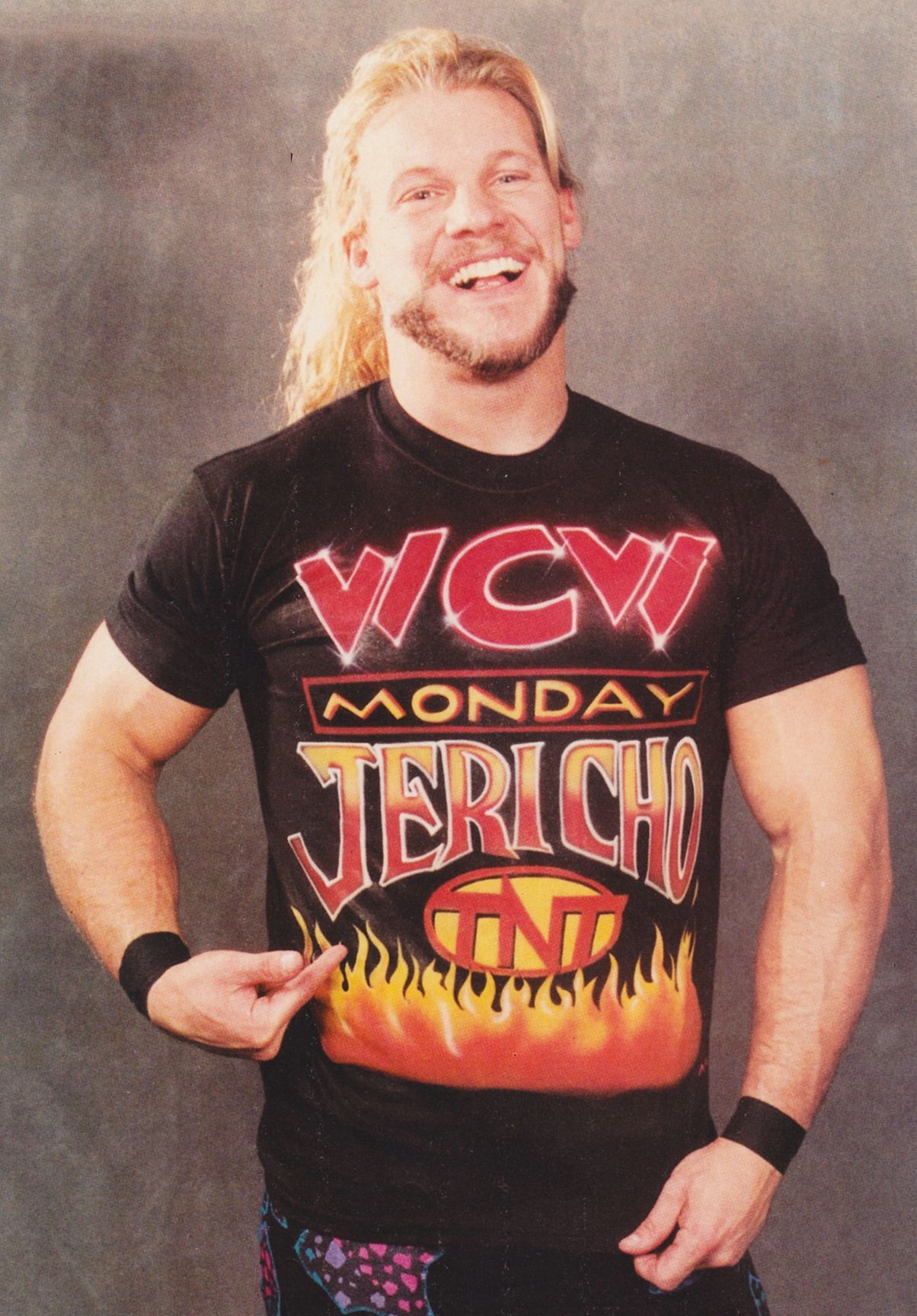World Championship Wrestling was never supposed to be a failed company. The very thought that WCW could potentially die would have been unthinkable in the summer of 1996. WCW was, for a time in the 1990s, the top wrestling promotion in the world, one that had eclipsed the WWE to the point that it seems as if Vince McMahon and the WWE were going to lose the supposed “Monday Night War.” It is not a stretch to say that WWE would not exist as it does today had WCW done things differently.
Everything positive that WCW had achieved and contributed to the wrestling industry was gone by the time that the spring of 2001 rolled around. WCW became a product that was no longer desirable among those calling the shots for Turner Broadcasting and the company was swallowed up by McMahon and the WWE. The death of WCW was the end of more than just a promotion, as some wrestling fans who grew up watching the National Wrestling Alliance and WCW decided that they were going to tune out for good. WWE has never captured some of those fans and the wrestling industry has never been as hot as it was when WCW and the WWE were at their absolute bests.
There is no one big reason why WCW failed. One could reasonably say that there were far more than 15 reasons for why WCW failed as it did in only a few years. The truth of the matter is that WCW was a promotion that was run into the ground following years of poor decisions and also a lack of long-term vision. While WCW may have always been destined to fall to No. 2 behind the WWE, the company should still exist in some capacity as of the spring of 2016. That it doesn't is a shame, as there has never been a real replacement for WCW since the company shut down for good 15 years ago.
15 15. Hiring Bret Hart
What probably seemed like a no-brainer in 1997, ultimately had a role in the demise of WCW. Had WCW never been willing to pay Bret Hart millions of dollars, The Montreal Screwjob may never have happened. Without Hart losing to Shawn Michaels in Montreal as he did, the Mr. McMahon character may never have seen the light of day. Steve Austin, thus, would not have had a heel authority figure to feud with beginning in 1998. What Eric Bischoff and others in WCW probably saw as a big win for the company actually provided the boost that the WWE desperately needed at the time.
14 14. WWE
The argument could be made that the biggest reason WCW failed was because the WWE became so successful. D-Generation X became the faces of The Attitude Era. The WWE did well to make Steve Austin and The Rock two of the biggest babyfaces in the history of the business. WWE pushed younger stars and presented matches such as “Hell in a Cell” and “Tables, Ladders and Chairs,” that were just better than what was being offered by WCW. As bad as WCW was from 1998 up through the spring of 2001, the company probably wouldn't have failed if wrestling fans wouldn't have had the WWE as an alternative.
13 13. Crushing the Cruiserweight Division
There were two reasons why WCW was the best pro wrestling company in the world in the summer of 1996: The storyline involving the invasion of the New World Order and the cruiserweight division being responsible for the best televised wrestling matches in the United States. While WCW went on to push the nWo down the throats of fans for years, the company made the cruiserweight division an afterthought. Wrestlers such as Eddie Guerrero, Dean Malenko and Rey Mysterio were disrespected and wasted, and Guerrero and Mysterio proved in the WWE that they could draw money as main event wrestlers.
12 12. Heel Turns
There were two wrestlers WCW fans never wanted to see go heel: Sting, the face of the company and the ultimate good guy of WCW, and Goldberg. If only certain people within WCW would have realized this at the time. Both Sting and Goldberg were turned heel for portions of their WCW careers and those heel turns were disasters that upset fans and failed to generate revenue for the company. Neither Sting nor Goldberg could have saved WCW as babyfaces, but turning them heel was plain dumb. McMahon and the WWE clearly learned nothing from this, though, as that company turned Steve Austin heel in 2001. Whoops.
11 11. Starrcade 1997
Fans were given a look behind the curtain and at how much of a mess WCW was behind the scenes during the main event of the 1997 edition of Starrcade. The match involving Sting and Hulk Hogan featured what was supposed to be a “fast count” that wasn't actually fast, a reference to The Montreal Screwjob, and Sting going from the hottest babyface in WCW to a guy who was technically pinned by Hogan during the biggest show of the year. Looking back, the first nail in the coffin that would hold WCW was hammered home during what should have been a banner night for the company.
10 10. Celebrities
Eric Bischoff and others within WCW seemingly became obsessed with associating themselves with celebrities. Kevin Greene, Dennis Rodman and Jay Leno were all placed into main events of pay-per-views. Vince Russo decided to put the WCW World Heavyweight Championship on David Arquette, which was an insult to the legacy and heritage of that title. Celebrities can have a place on a pro wrestling card every now and then, but there is a reason that Mike Tyson didn't beat Shawn Michaels for the WWE title at a WrestleMania XIV. WWE, unlike WCW, knew how to properly use celebrities.
9 9. Treatment of Championships
Some may automatically assume that Vince Russo was to blame for WCW titles becoming nothing more than props on wrestling shows. While Russo's booking of the WCW World Heavyweight Championship was disgraceful, titles in the company were already buried before Russo signed his WCW contract. The infamous Fingerpoke of Doom was arguably the worst moment in WCW history, as it demonstrated to fans that nobody should take feuds over a championship all that seriously. Titles didn't matter in the last years of WCW and thus fans had no reason to care about who held belts.
8 8. Firing of Steve Austin
This event sometimes gets overlooked when the death of WCW is mentioned by fans. When Bischoff fired Steve Austin, the head of WCW unintentionally created the persona that became “Stone Cold” in the WWE. Austin, per wrestling journalists such as Dave Meltzer, went on to be the biggest single draw in North American pro wrestling, one who drew the attention of WCW viewers and who helped make the WWE the top product in the industry. Had WCW never fired Austin and instead pushed him, we may be talking about why the WWE failed rather than listing reasons that WCW doesn't exist in May 2016.
7 7. Ending Goldberg's Streak
Goldberg was always going to have to eventually lose a match. His first loss should have been a massive moment, one that could have helped create the next big babyface or next big heel in WCW. Instead, Goldberg losing to Kevin Nash resulted in WCW putting the World Heavyweight Championship back on Hulk Hogan, en route to restarting the New World Order. This made Goldberg just another guy on the roster, it bored and even angered fans, and it showed that WCW had run out of any ideas other than going back to what made the company popular in 1996.
6 6. WWE Light
Even before the New World Order storyline became watered down and played out, WCW stole ideas and feuds from the WWE in an attempt to remain popular among fans. The company pushed Roddy Piper and The Ultimate Warrior in feuds versus Hulk Hogan, and WCW then attempted to create its own version of The Attitude Era in the dying days of the promotion. Not only did fans not buy it. Viewers decided that they would rather watch the actual WWE than a worse version of what was being presented by Vince McMahon and company. A lack of originality past the nWo storyline was a big reason why WCW failed.
5 5. Eric Bischoff
Eric Bischoff should be praised for all that he did to make WCW the best pro wrestling product in the world for a period of time. Bischoff should also be blamed for WCW failing as it did. Bischoff put himself over time and time again as the heel authority figure and boss of the nWo, he pushed veteran former WWE stars ahead of younger talents, he mistreated Ric Flair on multiple occasions, and he failed to understand why WWE became the better product. An ability to have a game plan for the future ultimately cost Bischoff his job in the company and it also helped crash WCW.
4 4. Vince Russo
People can look back and criticize Eric Bischoff for many decisions that Bischoff made over a two-year period. Bischoff at least helped build WCW throughout the 1990s. Vince Russo contributed nothing positive to WCW and it could be said that the company would have been better off had Russo never been hired in the first place. Yes, WCW probably would have failed had Russo not been given any creative control, but Russo unquestionably helped drive the knife through the heart of the promotion by booking some of the worst wrestling shows of the era. Russo essentially turned a sick patient into one that was on its death bed by the start of 2001.
3 3. Bubble Burst
The pro wrestling bubble that grew in the 1990s was always going to burst. Extreme Championship Wrestling and WCW dying when they did serves as proof of this. WCW had lost all momentum heading into the start of 2001 and thus the product was not attractive to potential investors and to television broadcasters when the WWE swooped in and bought the rights to the company. Granted, those in charge of WCW made a plethora of mistakes from 1996 through 2000 to destroy the company even before the bubble burst, but viewers ditching pro wrestling as a whole certainly didn't help.
2 2. New World Order
WCW became the top wrestling promotion in North America largely because of the New World Order storyline that was started in 1996. That same storyline played a big role in the company failing as it did. WCW seemingly had no real end game for the group, and the company used the nWo as a crutch for whenever those running the creative aspect of WCW had no other ideas. WCW probably would have failed even if the nWo had been abandoned by the end of 1997, but the company continuing to feature the faction up through 1999 resulted in viewers changing the channel to WWE programming or to non-wrestling shows.
1 1. No New Stars
From 1996 up through 2001, WCW made three real stars: Goldberg, Diamond Dallas Page and Booker T. That's it. Other than those three, WCW routinely pushed familiar names and older stars who, simply put, had become tired acts in the eyes of fans and of viewers. By the time that WCW went out of the way to make Booker T a top babyface, it was far too late. The damage had already been done, as the WWE was featuring the likes of Steve Austin, The Rock, Triple H and others. Failing to push wrestlers such as Chris Jericho, Chris Benoit, Rey Mysterio and others as serious acts helped put WCW into the ground for good.

